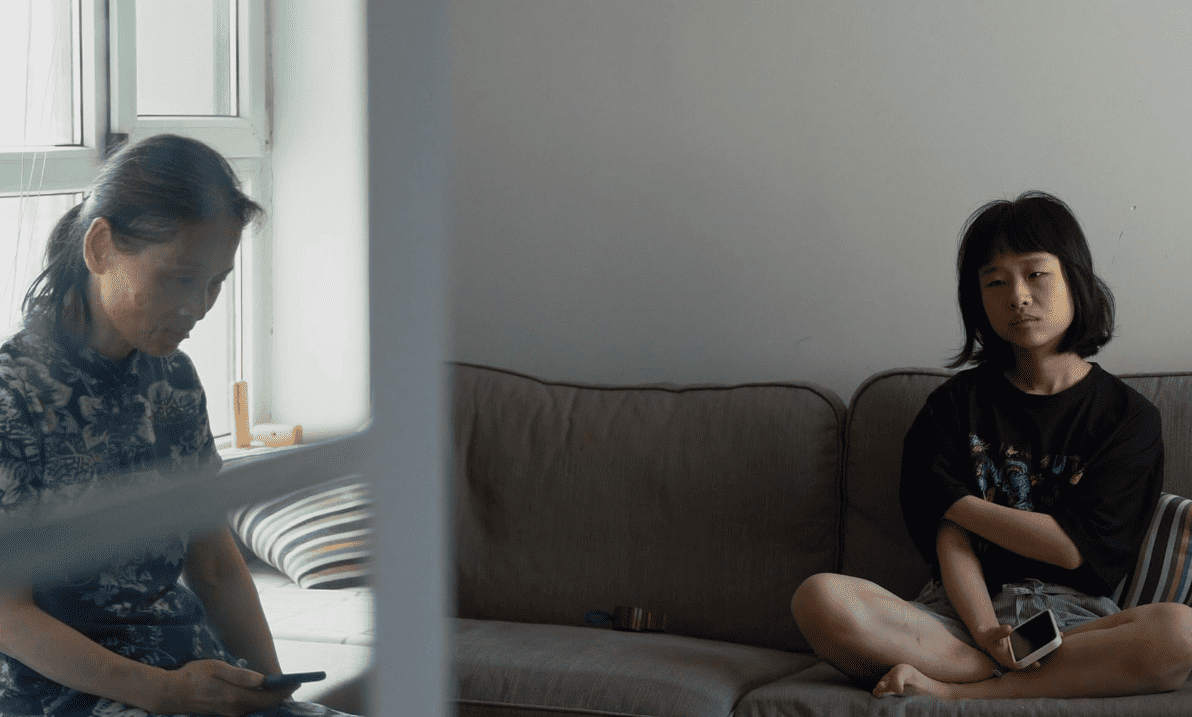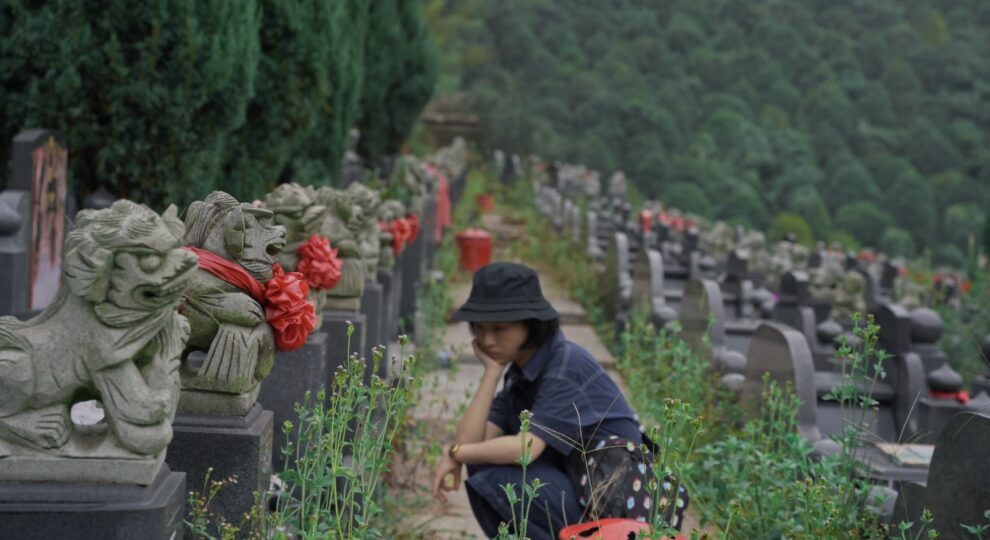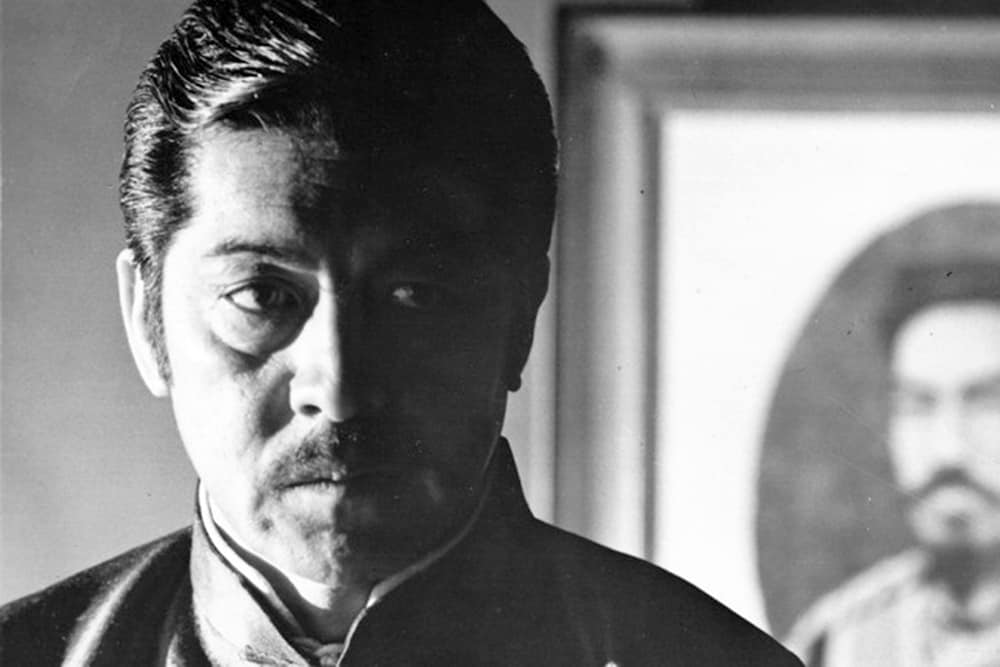“This Woman” is the directorial debut of Chinese filmmaker Alan Zhang. The film has been nominated at numerous festivals, including the “Golden Horse Award” (Best New Director), the “Hong Kong Asian Film Festival” (New Talent Award), and the “Visions du Réel International Film Festival” (International Competition). Additionally, it has won the “Special Jury Award” and the “Creative Support Award” at “Visions du Réel”, as well as the “Film of the Year” in one of the competitions at the “First Youth Film Festival”. “This Woman” was also selected for the main competition at the “Mint Chinese Film Festival”, which is the first women-organized Chinese film festival in the UK aiming to support Chinese creators, emerging women filmmakers, artists, and gender-diverse directors. The second edition of the MINT Chinese Film Festival will take place from Thursday 1 February to Sunday 4 February 2024 at Keswick Alhambra Cinema with film screenings, panel with film experts, and a workshop led by women artists and curators.
This Woman is screening at Mint Chinese Film Festival

Alan Zhang follows the journey of Beibei (Hihi Lee), in order to question the status and role of women in contemporary Chinese society. The protagonist is an ordinary woman in her thirties who has recently lost her job during the outbreak of the COVID-19 pandemic and decides to return to her hometown from Beijing. Returning from the capital, she will face not only the challenges posed by the relationships with her mother, husband and daughter but, most importantly, the struggles within herself.
Beibei is a woman who has pursued a “standard” path – she got married, gave birth to a daughter, has a job, bought a house for her mother, discusses loans and practical aspects of life – but there's way more than meets the eye. Although the scenes that unfold are quite decontextualized, not favoring the full understanding of the situation, some important tropes come to light.
First and foremost, the issue of “filial piety” (xiao) and the relationship between parents and children. “Xiao” is one of the most important moral values and concepts in Chinese society, embodying a sense of duty, respect, and gratitude towards one's family and elders. In summary, children often feel a sense of indebtedness to their parents, recognizing the sacrifices made and the care provided throughout their upbringing. Beibei herself, after successfully purchasing a house for her mother, declares that she has fulfilled her “debt” to her.
In relation to filial piety, the theme of “left-behind kids” emerges, referring to children who remain in rural regions of the country while their parents leave to work in urban areas and are taken care of by grandparents. In fact, Beibei entrusts her daughter to the care of her mother, while the whereabouts and activities of the father are not clear. The protagonist's motivations do indeed fall within the practical-logistical reasons just mentioned, but mainly stem from her belief that she is not a good mother. “I am a decent wife, but not a good mother”, she confesses while looking at the camera, and adds that she does not feel miss her daughter when she is away. This aspect of motherhood may appear harsh to some, but it is precisely this honesty that opens the door to new discussions about the dogmas and taboos associated with being a mother.
The theme of female emancipation, which is also asserted through sexual experimentation, is another overarching theme in “This Woman”. Beibei has extramarital affairs, falls in love with a younger man, shares romantic anecdotes in front of the camera, and positions herself in a stance of complete openness towards the emotional world, because “love is crucial” to her.

All these macro themes are supported by a very chaotic and fragmented editing style, which does not provide the audience with the tools to place the events and characters. If only considering this aspect, the work would border on mediocrity. However, this piece stands out for a question that troubles the audience throughout its entire duration: are we watching a documentary or a work of fiction?
Alan Zhang remarkably and successfully blurs the subtle boundary between narrative and documentary film. She presents believable sequences of everyday life, with dialogues so genuine they seem unscripted, and a narrative mode that fits seamlessly within the visual documentary style. While there are a few moments where one might doubt the authenticity of what is being seen – for example, a sexual encounter in a hotel room – Beibei's tears immediately dispel those doubts. Only the final sequences between the director and the protagonist confirm that the dynamics between truth and fiction are more complex than we could have imagined.
In conclusion, “This Woman” offers a unique portrayal of the Chinese and universal female experience, highlighting how women are constantly living under the gaze of others – their sons and daughters, their husband, their parents, and also that of a movie camera.















